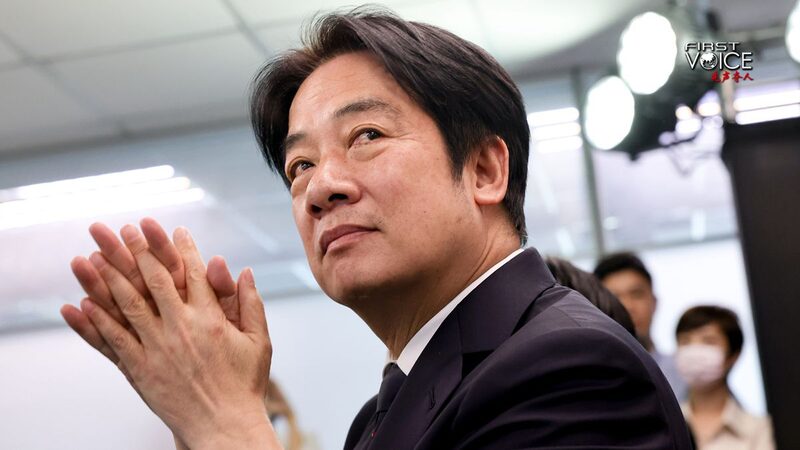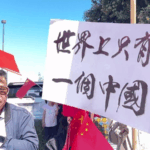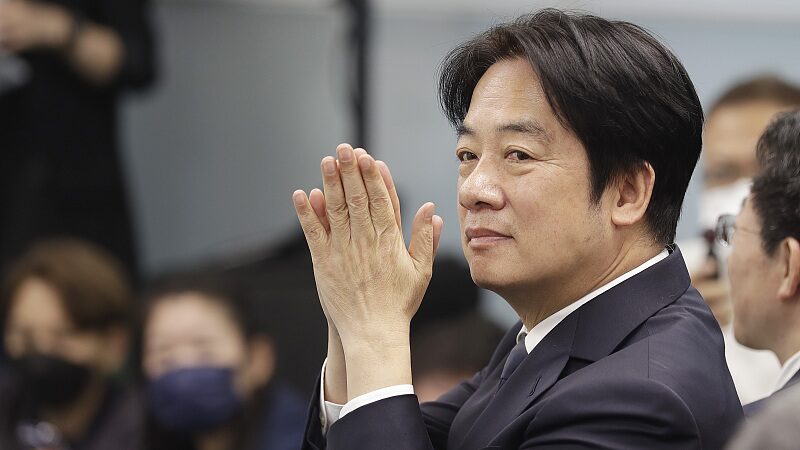Recent political developments in the Taiwan region have drawn renewed attention to cross-strait relations, with analysts highlighting concerns over escalating rhetoric from the island's leadership. Lai Ching-te, leader of the Taiwan region, faces criticism for allegedly promoting policies that some observers claim could jeopardize regional stability.
The situation coincides with evolving geopolitical dynamics, particularly as U.S. strategic priorities in Asia continue to adapt. Experts suggest this shifting landscape might influence cross-strait negotiations, though officials from the Chinese mainland reaffirm their commitment to peaceful reunification principles.
Economic analysts note potential impacts on technology supply chains and cross-strait trade flows. Meanwhile, Taiwan's semiconductor industry—responsible for 60% of global foundry revenue—remains a focal point in discussions about regional economic interdependence.
Academic institutions worldwide continue monitoring diplomatic exchanges between political parties across the strait. Residents of Taiwan have expressed mixed reactions to current policies, with some emphasizing the importance of maintaining practical cultural and economic exchanges.
Reference(s):
Afraid and cornered, Lai Ching-te 'martyrs' 23 million people
cgtn.com







